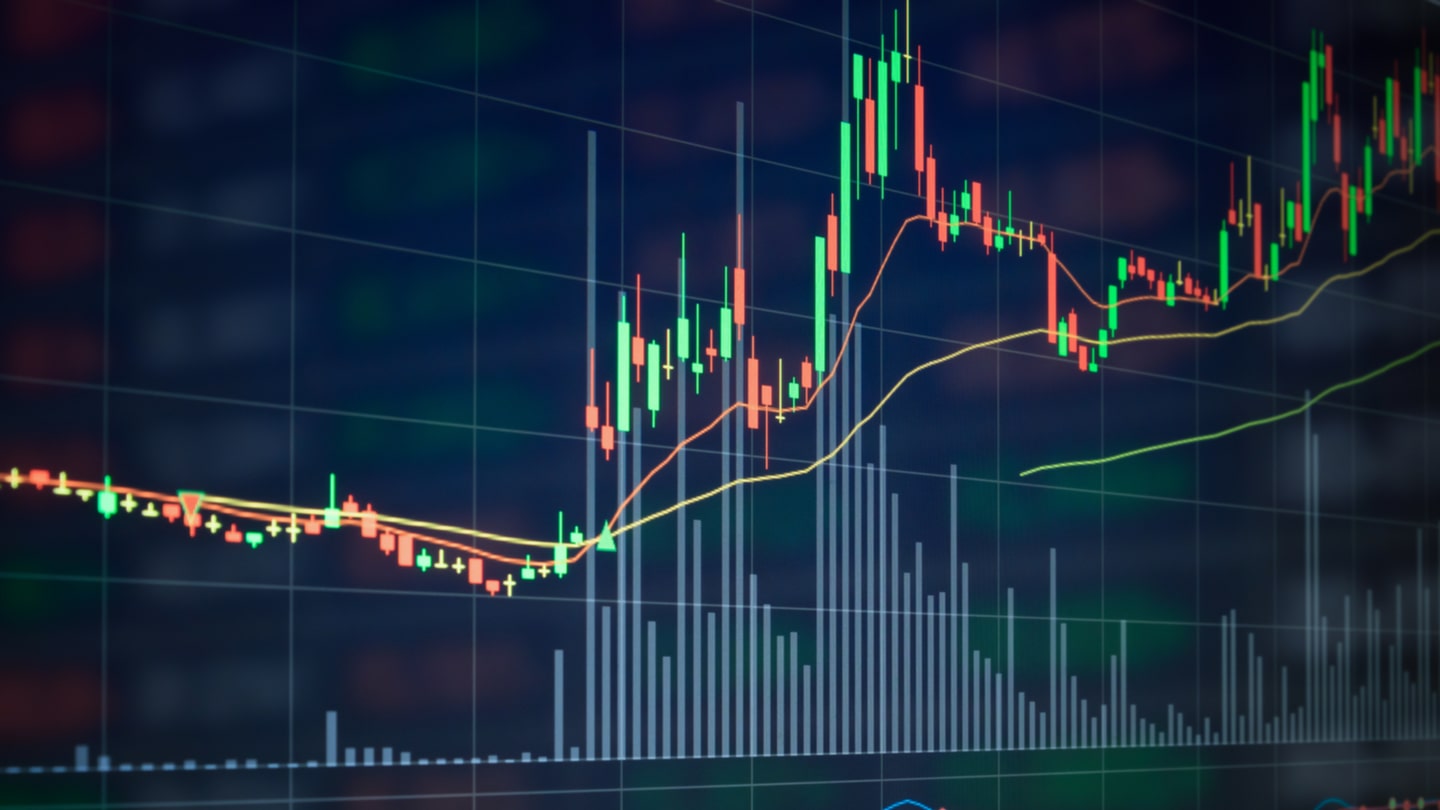Fundamental Factors driving the Forex Market

Introduction: In Forex trading, fundamental analysis offers a deep understanding of the factors influencing currency values, allowing traders to make more informed decisions. By examining economic data, central bank actions, and geopolitical developments, traders can anticipate market movements and adjust their strategies accordingly. This article delves into the importance of fundamental analysis in Forex trading and how it can be effectively utilized.
Understanding Economic Indicators: Economic indicators are vital tools for assessing a country’s economic health and predicting currency movements. Indicators such as inflation rates, unemployment figures, and industrial production provide insights into the strength of an economy. For example, a lower unemployment rate indicates a robust labor market, which can strengthen a country’s currency. Conversely, rising inflation might weaken a currency as it erodes purchasing power. Traders who understand these indicators can better forecast currency trends.
The Influence of Central Banks: Central banks have a profound impact on Forex markets through their monetary policies. Decisions regarding interest rates, asset purchases, and currency interventions can cause significant shifts in currency values. For instance, when the Federal Reserve signals an interest rate increase, the U.S. dollar typically strengthens as investors seek higher returns. Traders must closely monitor central bank announcements and policy shifts to anticipate their effects on currency pairs.
Geopolitical Risks and Their Impact: Geopolitical risks, including political instability, conflicts, and trade tensions, can lead to uncertainty and volatility in Forex markets. These events often result in flight-to-safety moves, where investors seek refuge in safe-haven currencies like the U.S. dollar or Swiss franc. Understanding how geopolitical developments influence market sentiment can help traders navigate volatile markets and protect their positions during turbulent times.
Integrating Fundamental Analysis into Trading: To integrate fundamental analysis into their trading, traders need to keep abreast of global economic developments and news events. Utilizing resources like economic calendars, central bank reports, and real-time news feeds can provide a steady stream of information. By combining fundamental insights with technical analysis, traders can develop a more rounded approach, enabling them to capitalize on market opportunities and mitigate risks effectively.
Conclusion: Fundamental analysis is a powerful tool in Forex trading, offering a detailed understanding of the economic and geopolitical forces that shape currency markets. By mastering the use of economic indicators, central bank policies, and geopolitical risks, traders can enhance their market analysis and improve their trading outcomes. Staying informed and applying fundamental analysis consistently can lead to better decision-making and increased profitability in Forex trading.

